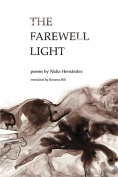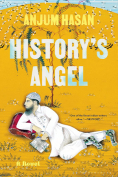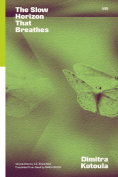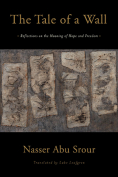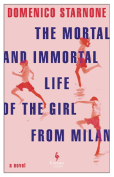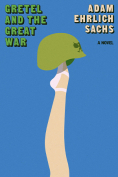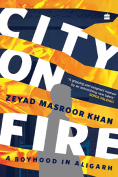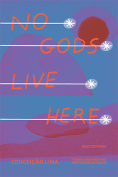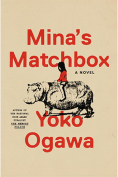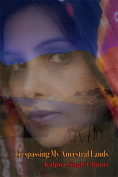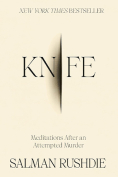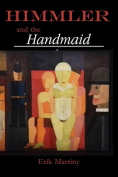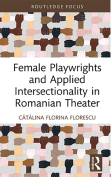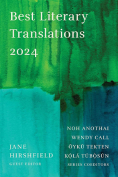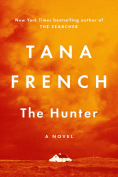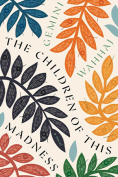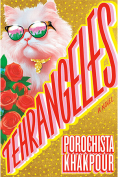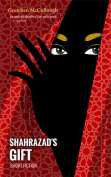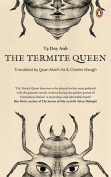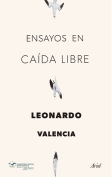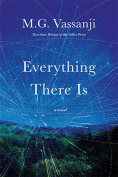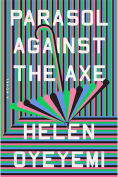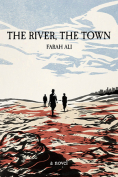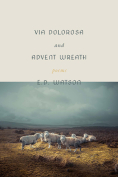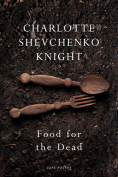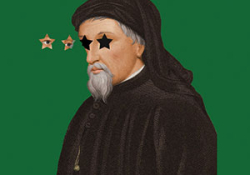Gretel and the Great War by Adam Ehrlich Sachs
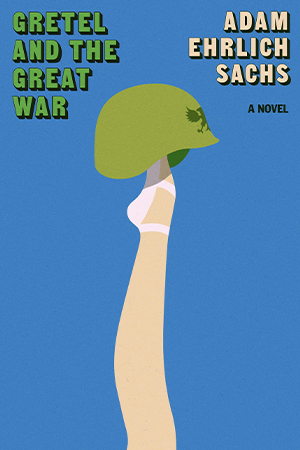 New York. Farrar, Straus and Giroux. 2024. 213 pages.
New York. Farrar, Straus and Giroux. 2024. 213 pages.
Vienna is at the intersection of at least two important, but also rather niche, cultural regions: the onetime administrative center of the Habsburg Empire and, soon after, the cradle of logical positivism. Adam Ehrlich Sachs’s new novel, Gretel and the Great War, takes the byzantine, intricate, and labyrinthine fairy-tale cruelty of the former and marries it to the straightforward and rigorous cruelty of the latter. His new novel comes in the shape of a series of twenty-six fairy tales, sent to Gretel by a man claiming to be her father.
As in Sachs’s earlier books, Inherited Disorders (2016) and The Organs of Sense (2019), he foregrounds a particular sense of formality, and like those earlier books, this has a tremendously comical effect. In both previous books, particular fun (especially for philosophers) is made with, respectively, the phrases such as “explaining philosophical aphorisms to death” and “tying Aristotelians in knots.” In the case of the present book, when a particular group of boys are “rambunctious,” it is this aspect, rambunctiousness, that is repeated and underlined—these are rambunctious young men. When one character, the neurologist, is unconscious of his seeking a romantic connection, his obliviousness—unconscious—is repeated to explain his behavior, even while he is sawing off the head of a stuffed heron, which means that the reader is expressly made aware the neurologist is cutting the heron’s head while unconscious of seeking a romantic connection. Like the neurologist, all the characters are named for their vocations, again underlining the formality or objectivity of the story.
Most of the stories imply a connection to the sanatorium of a Dr. Krakauer (most stories end there); most of the stories interlink with one another; and, ultimately, most of the stories make some connection to Gretel’s family history. Indeed, many of Sachs’s preoccupations (e.g., about family and science) are again on display. Remarkably, however, the formality of Sachs’s writing here assumes another, substantial pertinence. This novel, about cruel imaginations and logics, is so committed to its own decisions about denotation, about naming, that with every sentence or statement, the range of possible outcomes diminishes. This does not mean that the book is predictable; the opposite is true: every surprising new turn arrives with an incandescent and terrifying sense of inevitability.
Gretel and the Great War, then, is also a work of poetry, poetry because the narrative is driven by the demands of language rather than plot. Dedicated to its two cultural and scientific registers, Sachs’s book satirizes the ideologies of the nation and of positivism that extend into war. A large readership for this crazy book would make the world a safer and saner place.
Arthur Willemse
Universities of Maastricht and Hasselt
